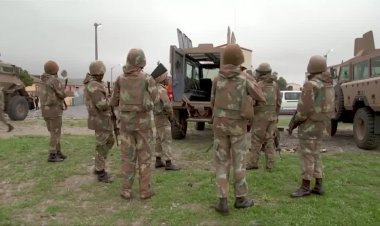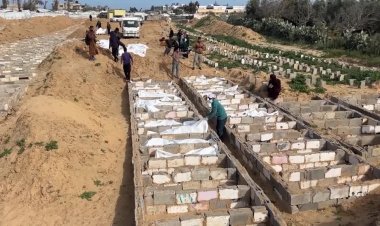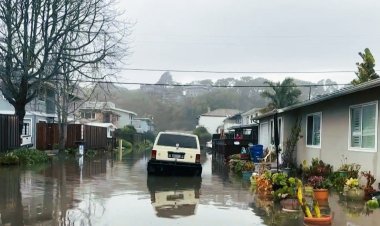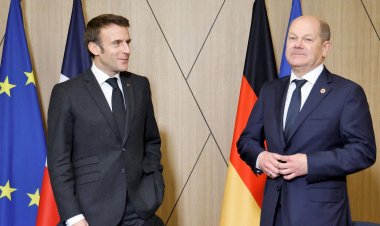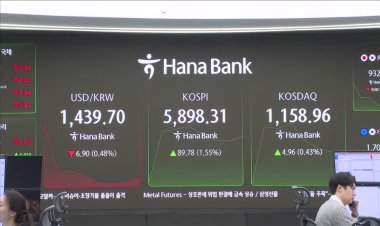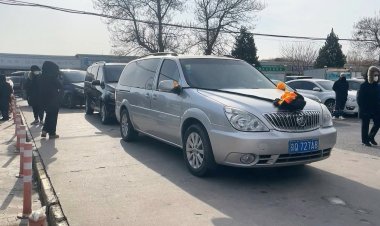Ecuador votes on extradition amid crime boom

Ecuadorans voted in a referendum that will decide whether or not to allow extradition of citizens linked to organised crime in a country rocked by a dramatic increase in violence.
The extradition of Ecuadorans is prohibited by the South American country's constitution.
But conservative President Guillermo Lasso has proposed legalising it as a means of dealing with a crime wave that has claimed the lives of two candidates in local elections being held alongside the referendum.
Ecuador is sandwiched between Colombia and Peru, the world's two largest cocaine producers, and has itself become a hub for the global drug trade in recent years.
Despite not having any major drug plantations or cartels of its own, nor big laboratories for refining cocaine, the United States has listed Ecuador among the top 22 drug-producing or transit countries in the world.
Drugs produced elsewhere are shipped from Ecuador's Guayaquil port to the United States, Europe and Asia.
This has resulted in a bloody territorial war between gangs, some with ties to Mexican cartels according to the authorities, who brutally kill each other on the streets and in Ecuador's overcrowded jails.
The country's murder rate almost doubled between 2021 and 2022 from 14 to 25 homicides per 100,000 inhabitants, according to official figures.
Drug seizures have skyrocketed and prison massacres have left more than 400 inmates dead since 2021.





